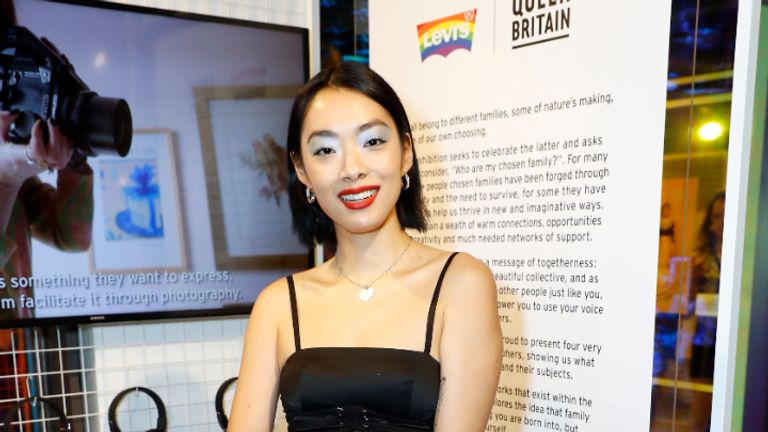Pop musician Rina Sawayama has spoken out after finding out her debut album was ineligible for this year’s Mercury Prize because she doesn’t hold a UK passport.
Sawayama, 29, has lived in the UK for over 25 years and was born in Japan.
She had been expected to be nominated for the Mercury Prize, one of the most coveted awards in the music industry.
However, the organiser of the Mercury awards and the BRITs, the British Phonographic Industry (BPI), says that solo artists must have British or Irish nationality to enter the competitions, and have to submit official documentation of their citizenship.
Japan prohibits people from holding dual citizenship, and Sawayama has held onto her passport to feel closer to her family, who all live in her country of birth.
On Twitter, Sawayama said: “I’ve lived here 25 YEARS (most of my life) but I am not British enough to even be ELIGIBLE for the 2 biggest UK Music awards.”
She told VICE UK she was heartbroken to know she couldn’t enter the Mercury Prize at all.
“If I was snubbed, I would be like, ‘Well, OK, fine…let’s just make a better record and move on,'” she said.
“But the fact that I wasn’t even eligible is like…I don’t even know what that emotion was. It was othering.”
Her self-titled debut album, Sawayama, received critical acclaim upon release, with Elton John calling it “the strongest album of the year by far”.
Sawayama holds indefinite leave to remain status, meaning she has the right to live and work in the UK.
:: Listen to the Backstage podcast on Apple Podcasts, Google Podcasts, Spotify, Spreaker
The singer said she had considered renouncing her Japanese citizenship in order to become eligible, but that she realised it wouldn’t “solve anything”.
The musician is also signed to a UK label, Dirty Hit, who contacted the BPI to explain Sawayama’s immigration status, but were met with “a curt response”, according to an email seen by VICE UK.
But in 2018, the BPI gave Sawayama a grant from their Music Export Growth Scheme, which specifically supports British musicians and music organisations looking to market themselves abroad.
“All I remember is living here,” Sawayama said. “I’ve just lived here all my life.
“I feel like I’ve contributed to the UK in a way that I think is worthy of being celebrated, or at least being eligible to be celebrated.”
Sawyama is a UK tax payer, and recorded and mixed the whole of her debut album between the UK and the U.S.
Her record is sung in English, except for one verse in one song, in which the musician sings in Japanese.
As an album, Sawayama sees the musician examine the dichotomy of living in the UK while also feeling a strong tie to her birthplace.
“28 and I still wanna scream, can’t face who I can and can’t be,” she sings on her song Akasaka Sad.
Fans of Sawayama, known as Pixels, have criticised the BPI for their policy, using the hashtag #SAWAYAMAISBRITISH.
At one point, the hashtag was the number one trend in the UK.
“[As an immigrant], you get to a level when you don’t have to worry about your nationality and your status and whether you fit into this country,” she said.
“Things like that bring into sharp focus, like, whether I am even British. It’s just very upsetting.
“If arts awards are creating their own sort of version of border control around their eligibility, I think that’s really problematic.”
In a statement to VICE UK, the BPI said: “Both The BRIT Awards and the Hyundai Mercury Prize aim to be as inclusive as possible within their parameters, and their processes and eligibility criteria are constantly reviewed.”
The BPI did not answer further questions put by Sky News.


